West High musicians get
Oregon Symphony tutor
Carlos Kalmar, the symphony's music
director, coaches Titans
By Barbara Curtin • Statesman Journal • March 8,
2010
To many people in the audience, it looks like the
conductor is simply beating time for the orchestra.
The 65 members of West Salem High School's Titan
Orchestra know better.
Their rehearsal on Friday afternoon was led by
Carlos Kalmar, music director of the Oregon
Symphony and a sought-after guest conductor
around the world.
Measure by measure, instrument by instrument, he
challenged the young players to improve three
pieces they were preparing for competition:
"Bacchanale" from "Samson and Dalilah" by Saint-
Saens; "Nimrod" from "Enigma Variations" by Elgar;
and "Finlandia" by Sibelius.
Daryl Silberman, the Titans' regular director, had
asked the Oregon Symphony Association in Salem to
sponsor a visit by an Oregon Symphony musician.
Associate concertmaster Erin Furbes had already
come in January to coach violins and chamber
players.
But Silberman, a former freelance musician in Los
Angeles and San Francisco, believes in going for
broke.
"I blatantly asked if Carlos could come," she said,
and he did.
Kalmar strode onto the West High stage, dressed in
a blue Metropolitan Youth Symphony T-shirt, his
graying hair flying, and asked to hear the
"Bacchanale" from the beginning.
A low chord from the horns; a sinuous solo by the
oboe player; and Kalmar stopped the music.
"Wonderful," he said. Then to oboe player Daniela
Seare, a freshman, as if he were just making tiny
suggestion: "This is your cadenza. You can play it
considerably faster." He sang a version of the solo
that sped up, then slowed down, instead of sticking
faithfully to the beat.
He started the orchestra again, then stopped it,
looking to the horns. "All together," he said. The
piece started again, with the low chord attacked as
one.
Soon, another halt. "When you get this part — da de
o doo do," he sang for Daniela, the oboist, "go
faster, because our colleagues in the horns are
already dying."
And so on, for 50 minutes, deeper and deeper into a
piece of modest length. Kalmar encouraged; he
sang; he counted with his hands and elbows and
body until he seemed to be dancing. But every few
measures, he stopped to work with one section of
the orchestra, until the music he heard from those
players came closer to what he was hearing in his
head.
Finally, he let the wild dance continue to its climax
and a single, sudden chord. "That was very good!,"
he said with a smile.
Kalmar went on to shorter, but just as intense,
rehearsals of the Elgar and Sibelius works. When the
rehearsal ended at 4:30 p.m., his assistant, Susan
Franklin, tried to get him moving toward the car and
an appointment in Portland. Kalmar lingered to chat
with students.
Advertisement
"There is so much talent here!" he told Silberman
and Karl Raschkes, the district's supervisor of music
education.
For Aida Behmard, a junior in the violin section,
"Just the way he was invigorating about the musical
experience made us inspired to play the best we
could."
And Daniela, the oboe player, said she didn't mind
being singled out. "It was really helpful with the
dynamics, different speeds, sounds, and how to
hear other people," she said.
Silberman had been watching carefully the whole
time, filming Kalmar's lesson, nodding her head and
smiling as he worked.
She could see the students taking in what Kalmar
said; could hear them getting better.
Now it would be up to her to keep that process
going as the orchestra moves on to district and
state competition.
The audience will see her in front of the musicians,
beating time; but that's the smallest part of a
conductor's job.
bcurtin@StatesmanJournal.com
skip to main |
skip to sidebar

At the First Citizen Bank Banquet

Waltzers!

Parents waltzing!


Playing for Mr. Miller's deployment


Itati and friends with the famous violinist!

Fun on break...

Break time!

Thanks for all your dedication to Titan Orchestras, Champions!

... in cupcakes

Go Beavs...

#1!!!

Number 1!!!

Tied for 1st place - Chamber Orchestra

OSBA performance

At the "Bean" in Chicago

At the Sears Tower in Chicago

Hi Chris!

Alumni Lacey ('10) played in the 2nds for symphony in December

Thank you Dr. Harmon!

Um, what's that say at the bottom??
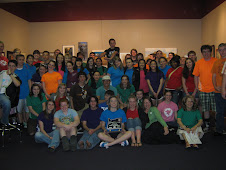
Awesome performance!
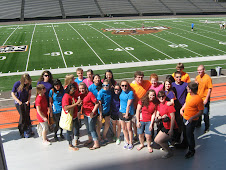
At Reeser


At the Elsinore - Chocolate Sunday
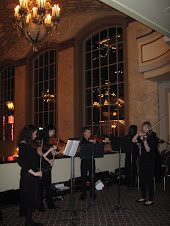

Lady Titans
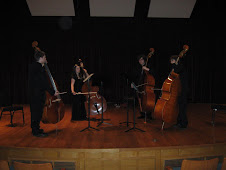
Basses
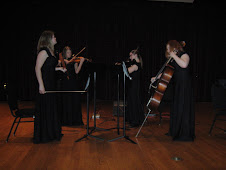
The Klems
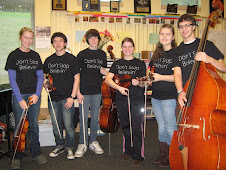
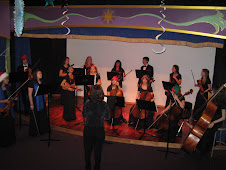
String Orchestra at Portland Children's Museum
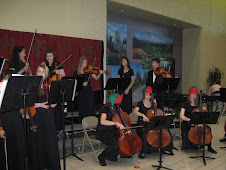
SO Playing at Lancaster
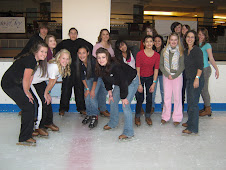
String Orchestra Ice Skating!!
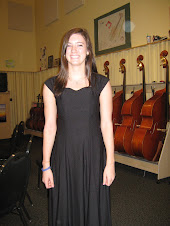
Yay - new dresses!
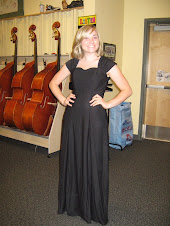
New Dresses!
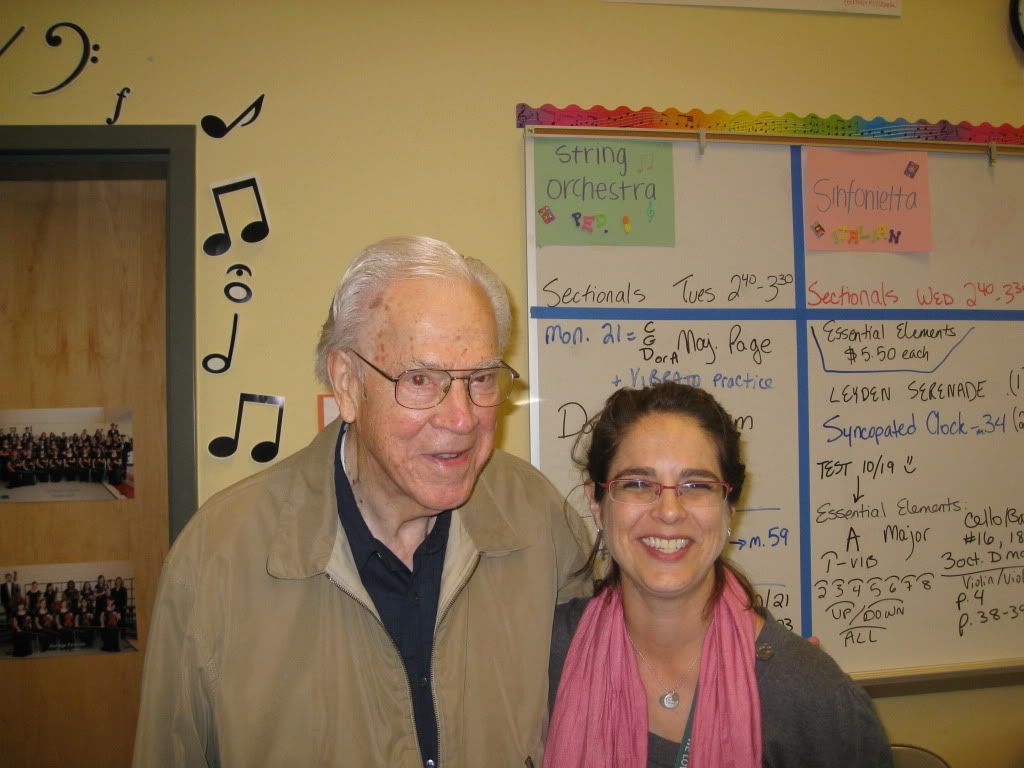
Thanks for composing Serenade for Strings!
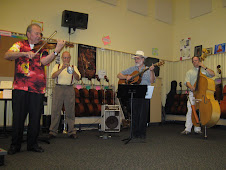
Ron Kilde and friends at Boot Camp!
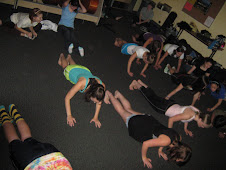
Yoga!
Advanced Symphony @ State ~Thanks CCTV
AdvOrch Districts Bach and Death ~Salem-keizer District
AdvSymphony Districts Barber and Bald ~Salem-keizer District
Vivaldi Winter Mvt. 1 ~Advanced Orchestra
Vivaldi Winter Mvt. 2 ~Advanced Orchestra
Vivaldi Winter Mvt. 3 ~Advanced Orchestra
Handel Messiah Overture ~Advanced Orchestra
Handel Messiah Chorus Combined Orchestras ~Combined Orchestra
Mozart ~ Boston 09
Aase's Death ~ Boston 09
Orange Jam ~ Boston 09
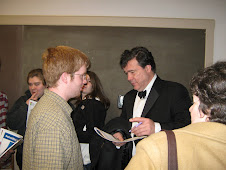
Taylor meeting Edgar Meyer
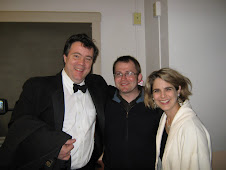
Edgar Meyer, Mr. Correa, and Ms. S

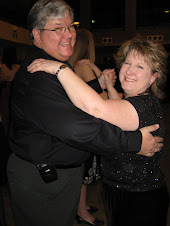
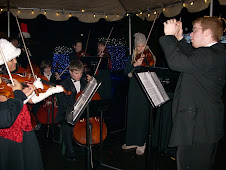
It was cold, but we played!
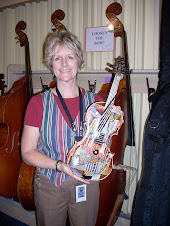
And, the artist - Lucy Hewitt
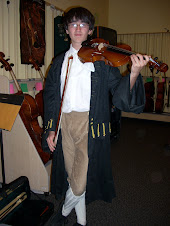
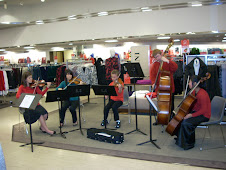

For members of West Salem High School Orchestras, parents, teachers, and all other interested folks...
Titan Orchestras Calendar
Titan Orchestras Videos
Sectional and Symphony Schedule
Chamber
Violins Thursdays 2:30
Violas Fridays 2:30
Cellos Wednesday 2:30
Basses Mondays 4pm
Symphony Schedule
Tuesdays 2:35 - 4pm
Thursdays 4 - 6:30pm
Links
Honors String Quartet

At the First Citizen Bank Banquet
Waltz Night 2013

Waltzers!
Waltz Night 2013

Parents waltzing!
Honors String Q with Ms S and Mr. Miller

Honors String Quartet with Ms S

Playing for Mr. Miller's deployment
Bloch House in Newport

Joshua Bell!!!

Itati and friends with the famous violinist!
Music Day 2011

Fun on break...
More Music Day 2011

Break time!
2011 Graduated Seniors

Thanks for all your dedication to Titan Orchestras, Champions!
Chamber Orchestra Family Tree

... in cupcakes
The OSU crowd

Go Beavs...
Principal Ed John congratulating the OSAA Champions

#1!!!
Mr. Z congratulating the Champions...

Number 1!!!
OSAA 2011 Champions!

Tied for 1st place - Chamber Orchestra
2011 Chamber Orchestra

OSBA performance
Combined Chamber Orchestra

At the "Bean" in Chicago
West Salem Combined Orchestra

At the Sears Tower in Chicago
Cowboy Cellist

Hi Chris!
Lacey came to visit...

Alumni Lacey ('10) played in the 2nds for symphony in December
Titan Quilt!

Thank you Dr. Harmon!
Cute shirts!!
Um, what's that say at the bottom??
Symphony at State
Awesome performance!
State Pics!
At Reeser
Basses at State

Basses and Witches

At the Elsinore - Chocolate Sunday
Prelude at the Schnitzer
Chamber Music!!
Lady Titans
More Chamber Music!
Basses
Electric Chamber Music
The Klems
Don't Stop Believin'...
SO Playing

String Orchestra at Portland Children's Museum
SO Lancaster

SO Playing at Lancaster
SO Ice Skating

String Orchestra Ice Skating!!
The New Chamber Orchestra Dresses!
Yay - new dresses!
Here's another pic
New Dresses!
Norman Leyden and Ms S

Thanks for composing Serenade for Strings!
Kilde
Ron Kilde and friends at Boot Camp!
Yoga Boot Camp 2009
Yoga!
Titan Orchestra Music
Advanced Symphony @ State ~Thanks CCTV
AdvOrch Districts Bach and Death ~Salem-keizer District
AdvSymphony Districts Barber and Bald ~Salem-keizer District
Vivaldi Winter Mvt. 1 ~Advanced Orchestra
Vivaldi Winter Mvt. 2 ~Advanced Orchestra
Vivaldi Winter Mvt. 3 ~Advanced Orchestra
Handel Messiah Overture ~Advanced Orchestra
Handel Messiah Chorus Combined Orchestras ~Combined Orchestra
Mozart ~ Boston 09
Aase's Death ~ Boston 09
Orange Jam ~ Boston 09
About Me
Taylor and Edgar
Taylor meeting Edgar Meyer
Edgar
Edgar Meyer, Mr. Correa, and Ms. S
Our Waltz instructors - Ann Marie and Paris
Our Boston trip commitee chairpersons...
Zoolights!
It was cold, but we played!
Picasso's Violin
And, the artist - Lucy Hewitt
Mozart!!
Caroling at Macy's

"It's a great day to be in a Titan Orchestra!!"
"Keep playing, Keep practicing, and Have Fun..."
